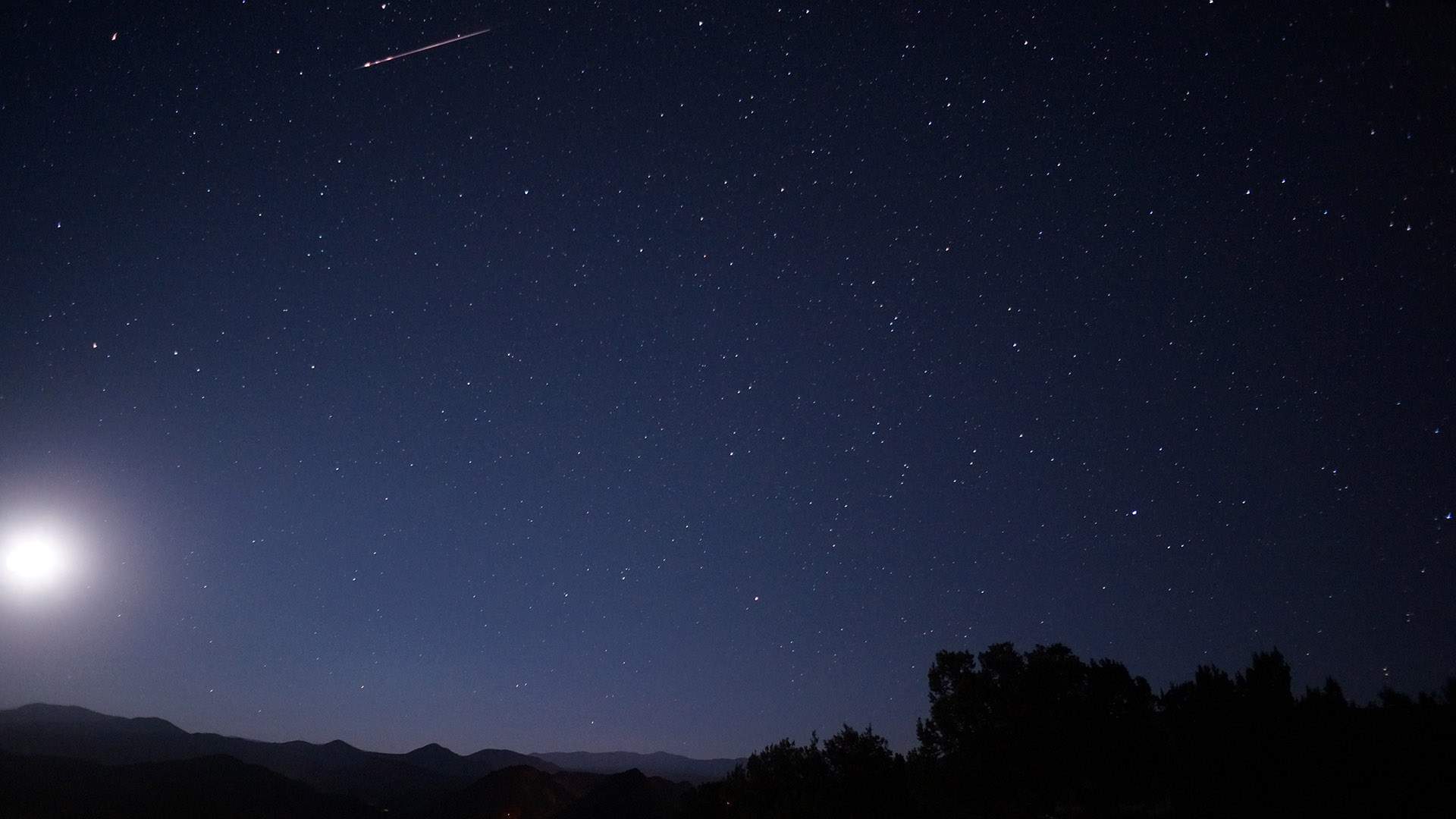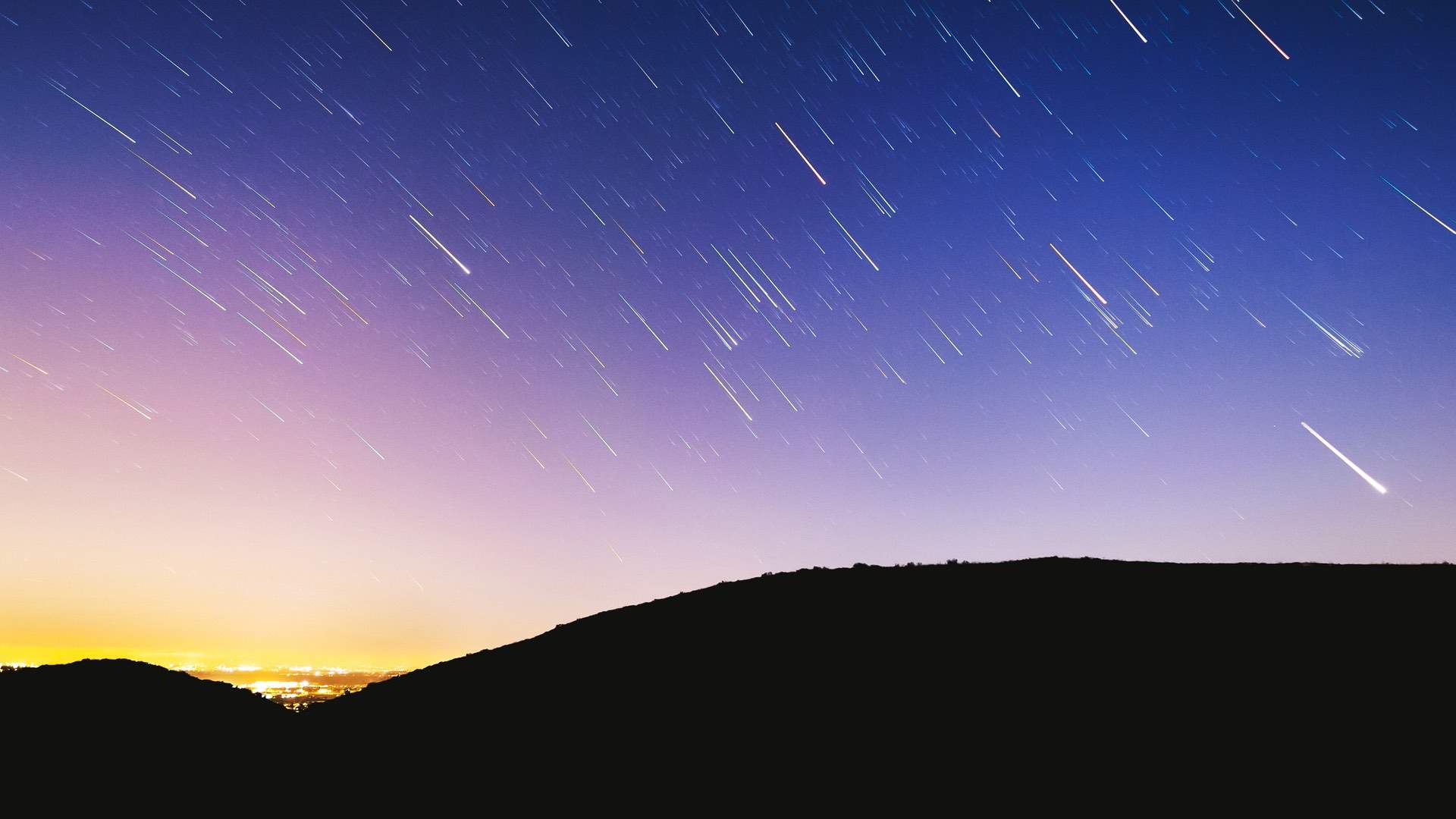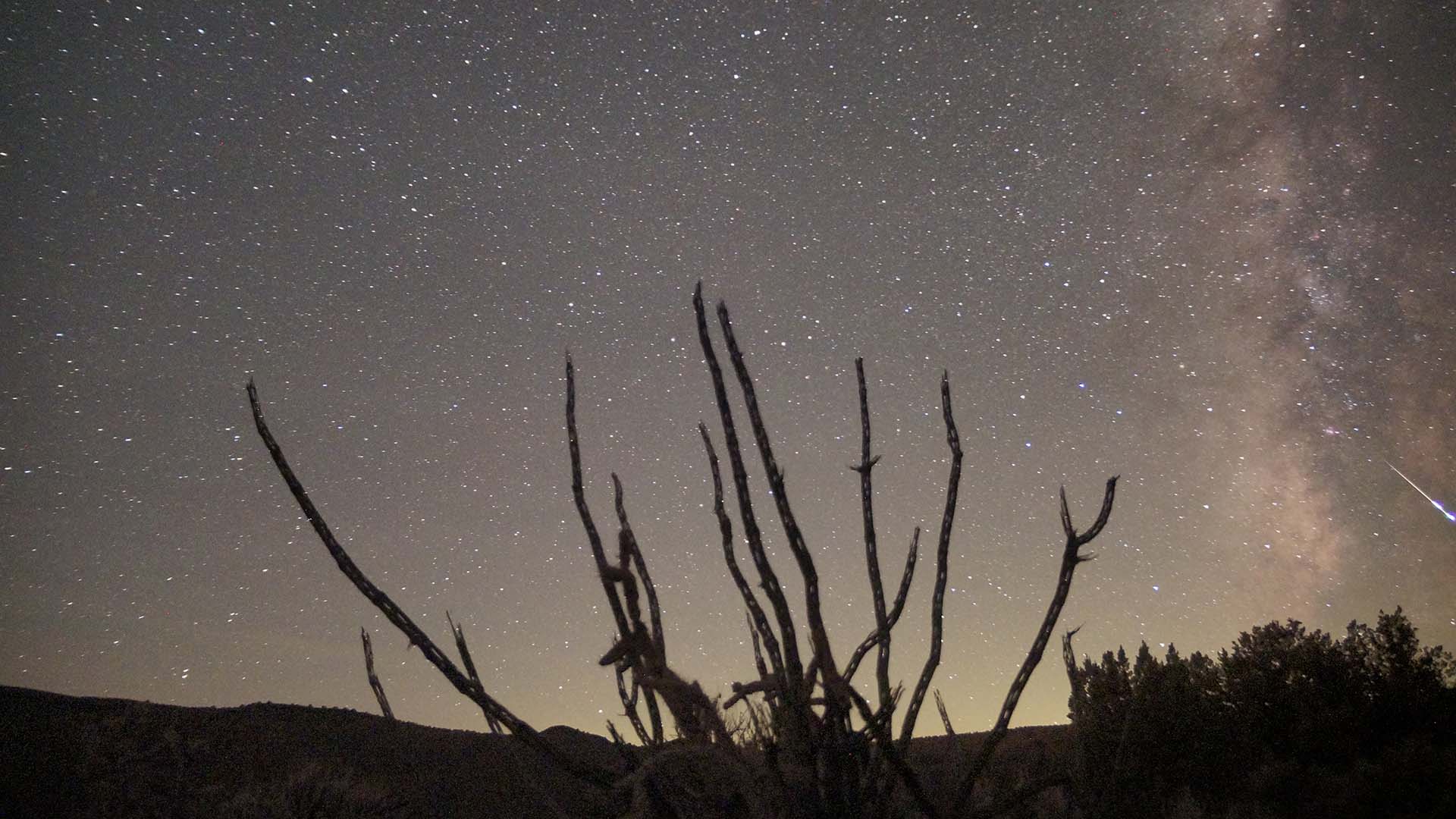Do Look Up, Again: Three Meteor Showers Will Be Visible in Australia's Skies This Week
The Southern Delta Aquariids, Alpha Capricornids and Piscis Austrinids will all be at their peak this week.
Winter might be all about staying in doors, rugging up and avoiding the frosty weather, but if you want to see a trio of meteor showers this week, you'll want to head outdoors. Not one, not two, but three celestial events will be visible in Australia's skies: the Southern Delta Aquariids, Alpha Capricornids and Piscis Austrinids.
Arriving in the thick of winter, the Southern Delta Aquariids may not be quite as famous or frenetic as other meteor showers, but it's still considered a strong one, with around 15–25 meteors hurtling across the heavens per hour during its peak. In good news for those Down Under, it's also typically best seen in the Southern Hemisphere.
Caused by the breakup of the Machholz comet, the shower is visible each year from around July 12–August 23 — so now. But the ideal time to catch it is between July 28–July 30, aka from Thursday–Saturday this week. And, like many astronomical shows, catching an eyeful around midnight is recommended — when the moon has set and its light will not interfere.

Mike Lewinski via Flickr
Also soaring through the skies at the moment: the Alpha Capricornids, which tends to run from around July 7–August 15. Yes, that means that you can peer up at night and catch a glimpse now, too, but it tends to peak around July 30–31 — so Saturday and Sunday this week. This one comes from the comet 169P/NEAT, and was discovered in 1871. It's known for its bright meteors and even fireballs, although they're infrequent, at around two-to-nine per hour.
Then there's the Piscis Austrinids, giving stargazers yet another reason to look up. It usually runs between July 15–August 10, and peaks around July 28 — so on Thursday this week. As for the speed of its meteors, they're even slower than the Alpha Capricornids.

For your best chances of getting a glimpse at all three, the usual advice applies. Get as far away from bright lights as possible — this could be a good excuse to head out of the city to a clear-skied camping spot — and pray for no clouds.
The Delta Aquariids' name comes from the constellation from which they appear to come, Aquarius. Accordingly, that's what you'll be looking for in the sky. For the Piscis Austrinids, you're looking for the Piscis Austrinus constellation. And for Alpha Capricornids, the Capricornus constellation.
To locate them all, we recommend downloading the Sky Map app — it's the easiest way to navigate the night sky, and is also a lot of fun to use even on a non-meteor shower night.
The Delta Aquariids, Piscis Austrinids and Alpha Capricornids meteor showers will peak between Thursday, July 28–Sunday, July 31.
Top image: Mike Lewinski via Flickr.





